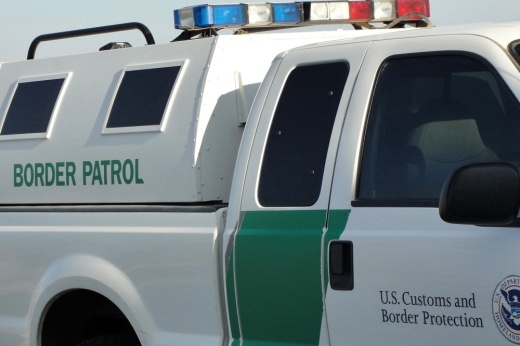Justice Samuel Alito extended an administrative stay until 4 p.m. March 18, giving the court more time to consider the law, known as Senate Bill 4. The law was previously set to take effect March 13.
What you need to know
SB 4 would give Texas unprecedented power to enforce immigration restrictions and deport migrants. Currently, only the federal government has this authority.
For the first time, state and local police could arrest migrants suspected of illegally crossing the Texas-Mexico border. Judges could order migrants to leave the country or charge them with a state misdemeanor, which is punishable by a $2,000 fine or up to six months in jail. Repeat offenders would face higher penalties.
The Biden administration and several immigrant advocacy organizations sued Texas over SB 4, arguing the law is unconstitutional because it undermines federal immigration authority. Gov. Greg Abbott and other top Texas Republicans argue the law is necessary to stop an “invasion” by migrants and drug cartels.
Alito’s order means the Supreme Court has until March 18 to determine if Texas can enforce the law. Meanwhile, the 5th U.S. Circuit Court of Appeals is considering whether SB 4 is constitutional.
How we got here
Texas lawmakers passed SB 4 in November and it was originally scheduled to become law March 5.
But on Feb. 29, U.S. District Judge David Ezra temporarily blocked the law. Siding with the Biden administration, he wrote that SB 4 was “patently unconstitutional” and would cause “irreparable harm” to the federal government.
Ezra pointed to a 2012 Supreme Court ruling, when justices struck down portions of an Arizona law that would have allowed police to arrest undocumented migrants.
Texas quickly appealed to the 5th U.S. Circuit Court of Appeals, which has scheduled oral arguments for April 3.
In a March 11 filing, the Texas attorney general’s office said the Supreme Court should let SB 4 take effect while the appeals court considers it.
“SB 4 allows Texas to help enforce federal immigration laws. ... Texas is the nation’s first-line defense against transnational violence and has been forced to deal with the deadly consequences of the federal government’s inability or unwillingness to protect the border,” the state argued.
The other side
The U.S. Department of Justice argued that if SB 4 takes effect, it will “profoundly [alter] the status quo that has existed between the United States and the states in the context of immigration for almost 150 years.”
In a separate filing, the ACLU of Texas argued the law would “undermine the law enforcement operations of El Paso County, along with countless other local governments in Texas.”
It would cost El Paso County at least $186 million per year to jail undocumented migrants under the legislation, county officials told a Texas House committee in October.
Travis County leaders said they expected to spend at least $9 million annually if SB 4 becomes law.





